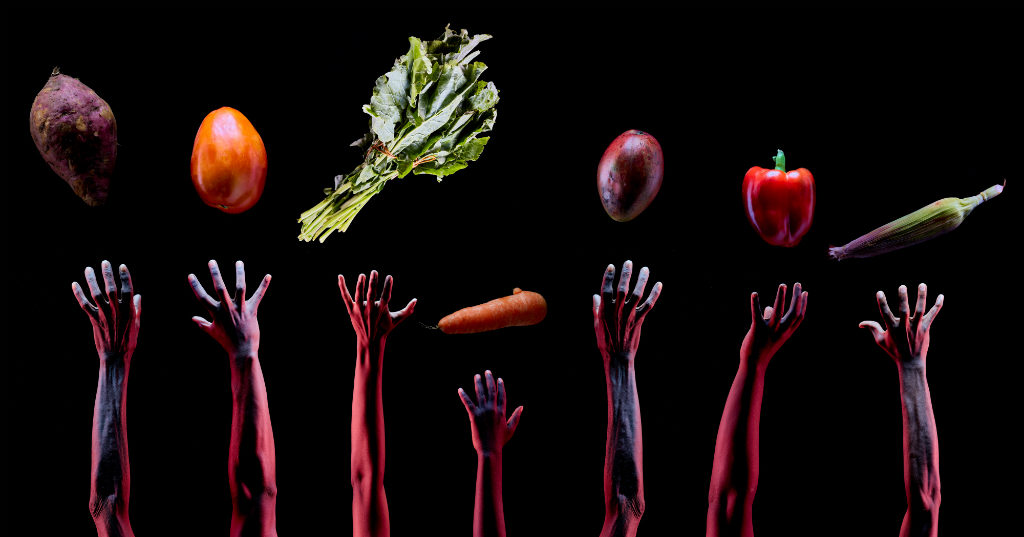The 75th World Food Day celebrations come against a backdrop of an unprecedented global crisis. In less than six months, the COVID-19 pandemic has swept across five continents, causing huge socio-economic disruptions in historic proportions. The highly disrupted world and its liberal model on which almost the entire economy has been built on for several centuries has been seriously challenged. For months, the main concern of governments, scientists and the population at large has been on curtailing the virus or learning to co-exist with it a new ‘normal’.
World Food Day this year is being commemorated when countries are battling a second wave of the pandemic with a come back of stricter lockdown measures impacting heavily on the food ecosystem with a burgeoning food crisis. Current statistics from the UN indicate that 690 million people have fallen into the plight of hunger as a result of the pandemic with 132 million facing acute food insecurity and in urgent need of humanitarian assistance. As we try to make sense of these numbers there remains a silent non-infectious pandemic that is equally on the rise: obesity.
In many parts of the world, malnutrition is considered a scourge, mostly caused by humankind’s actions and activities, particularly wars with climate change and biodiversity destruction playing a considerable role. In addition, FAO estimates that 10 per cent of humanity suffers from obesity where in 2016, more than 1.9 billion adults were overweight and 650 million obese. These statistics come at an extremely heavy cost with consequences of lifestyle diseases such as hypertension, diabetes and cardiovascular diseases. Africa is not exempt from this scourge where even in food sufficient countries it’s not surprising to find overfeeding, undernourishment and malnutrition co-existing in one household. Today obesity is not only a public health concern but a food security crisis with more mortality rates than starvation.
How did we get there? What were the fueling mechanisms that contributed to this? We got here as a result of a confluence of situations. First, the agricultural overproduction which posed the problem of its distribution and sales. Then the technological advances of the food industry which began to transform food products, adding ingredients such as sugar, salt and fat to give the finished products we buy in supermarkets and consumed a good taste for our pallets. Our diet then began to gradually change so that today, in many developed countries, more than 50 per cent of the food people eat comes from processed products. These ultra-processed products make you gain weight disproportionately because within an hour of consuming them, you are hungry again and have the urge to eat once more.
A global outlook of obesity around the world identifies a few countries, such as Vietnam, South Korea and Japan, which are exempt from or only very slightly touched by this silent pandemic. In those countries, the diet remains predominantly traditional. In Africa too, there is good traditional food. The challenge is its availability in sufficient quantity to feed the growing urban population. The consequence is that the people most affected in Africa by obesity are the middle class in urban centers while in the developed world, the most affected are the poor and underprivileged people who frequently visit fast foods due to lack of affordability of nutritious and healthy foods. A complete opposite trend is happening in Africa where populations in urban centers are quickly turning to processed foods and increasingly replacing traditional foods. Populations in middle income countries such as Kenya are struggling to bring back diverse traditional foods to the table while at the same time coping with lifestyle diseases associated with poor nutrition.
Accountants used to say, garbage in-garbage out. If you therefore feed on junk foods, you cannot expect to age healthily. In the modern and complex world of today with an information overload from the food industry, the solution is not to tell the young banker or lawyer living in Nairobi or Kampala to only feed on traditional foods. It would be technically difficult with the growing population. However, you can decide on the choice of organic and processed products for your lifestyle.




